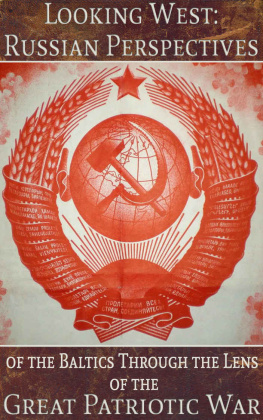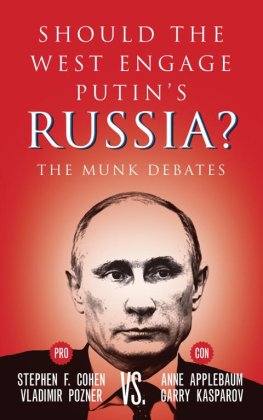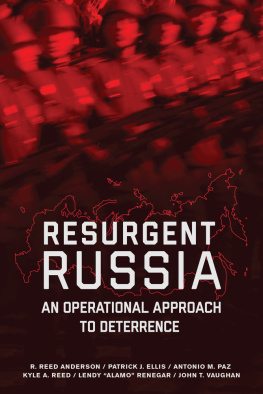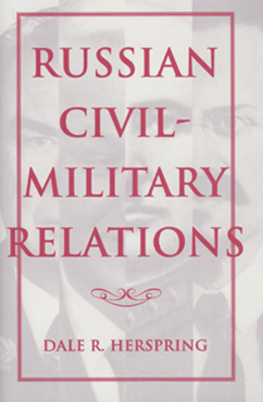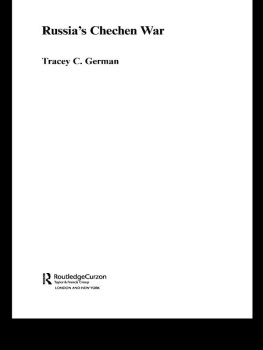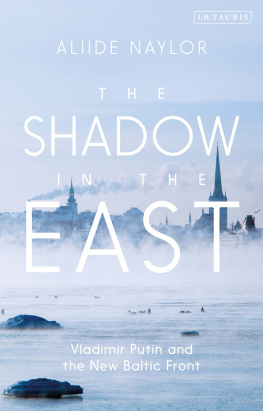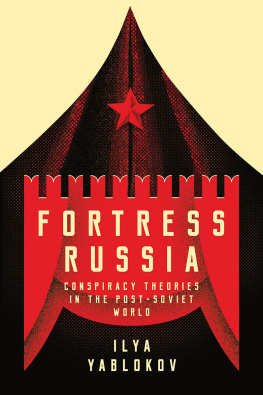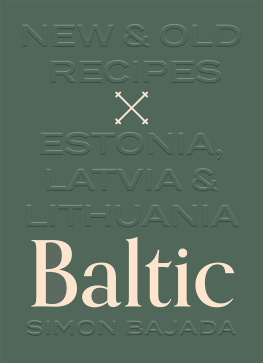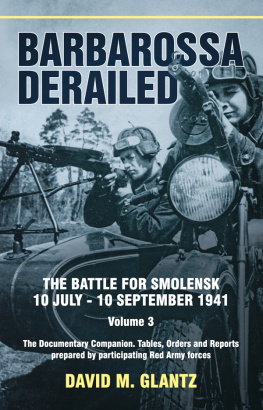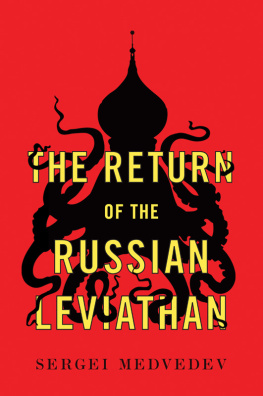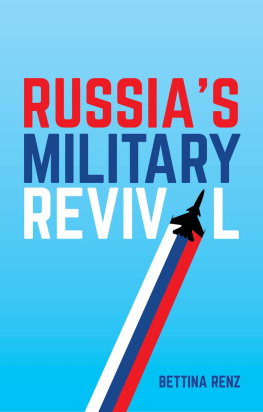I would like to thank my wife, Jeralee Hartman for her support and dedication. I would also like to thank my brothers, Chris and Nat Chakeres for their inspiration, and the faculty and staff of the Command and General Staff College and the School of Advanced Military Studies for all the time, energy and dedication they devote to developing future leaders.
INTRODUCTION
The political purpose and the means to achieve it give rise to the military objective. This ultimate goal of the entire belligerent act, or of the particular campaign if the two are identical, is therefore the first and most important issue that the strategist must address...
Carl von Clausewitz, Two Letters on Strategy, 1827
Recent Russian military interventions in Georgia, Ukraine and Syria stoked fears in Europe and the United States that Vladimir Putin will attempt to attack one or more of the small geographically vulnerable Baltic states of Estonia, Latvia, and Lithuania. Many Western analysts argue that Russias so-called New Generation Warfare signals a revolutionary change in Russian strategic thinking and propose a wide array of explanations for Russias aggressive actions. In contrast to many of these claims, this monograph argues that Russian policymakers are heavily influenced by the countrys past humiliations, not future exploitive prospects. Russia attacked and occupied all three Baltic States twice in the twentieth century, a fact that many experts rarely discuss today. The period surrounding the Great Patriotic War is a valuable lens through which to view Russias strategic outlook, and it retains extraordinary significance in Russia today. This monograph seeks to answer what lessons Russia learned from the Great Patriotic War, and how these lessons influence Russias perspective of the Baltics.
Many expert analyses of Russia and the Baltics portray a despairingly bleak picture of Russian power and NATO helplessness. A 2016 RAND Corporation study predicted that in the event of a Russian incursion into the Baltics, NATO forces would be unable to prevent the Russian military from reaching Tallinn and Riga in sixty hours. Other analysis focuses on the deployment of NATO battalions in the Baltics and Poland as well as the comparative strengths of NATO and Russian armor, aircraft and naval vessels. Numerous Western military and political journals regularly publish scholarly articles on Russian military developments and threats to Georgia, Ukraine, and the Baltics. None of these analyses of tactical outcomes, however, are based upon a strategic or operational framework, and most ignore any political objectives of the belligerents, which undermines many of the assessments. In other words, while studies such as RANDs forecast Russian tanks in Tallinn and Riga, no one seems to question why Russian tanks would be ordered to the Baltic capitals, or just what the tanks would do once they rolled in. A good framework to conceptualize Russian strategic thinking is World War II. Russias lessons from the Great Patriotic War provide a lens through which to analyze the Kremlins strategic thinking.

Figure 1. Illustration of Russian Strategy. Reinforcing Deterrence on NATOs Eastern Flank (Santa Monica, CA: RAND, 2016), 6.
The historic influence between Russia and the Baltics is long and bitter. The three Baltic nations were Soviet republics between the end of World War II and 1991, when they each gained their independence from the USSR. They each share a border with Russia and became full NATO members in 2004, deeply offending Russia. Today, they all have sizeable ethnic Russian minorities, and issues such as language education and war memorials continue to be divisive issues in both internal politics and diplomatically. Western leaders fear that Russia may rapidly overrun one or more of the small, indefensible countries before NATO had time to react or foment political instability that would paralyze any national or regional response. Although recent history suggests that conflict within this region may be likely, a deeper understanding of the dynamics is needed.
To better understand the Russian strategic and operational attitudes towards the Baltics, this monograph will examine the period surrounding the Great Patriotic War, which has influenced Moscows attitude towards national security for seventy-five years. Russias perpetual fear of being isolated by hostile powers and suddenly attacked is deeply ingrained within the psyche of many Russian leaders. Despite enormous political turmoil, there has been continuity throughout the Soviet and post-Soviet periods about several key aspects of the war, and their significance to the Baltics. The most significant lessons from the Great Patriotic War that still resonate in Russia today are the threat to their western borders, the difficulty in securing and incorporating non-Slavic borderlands, and the danger from real or perceived destabilizing agents in or around their country, such as modern-day Color Revolutions.

